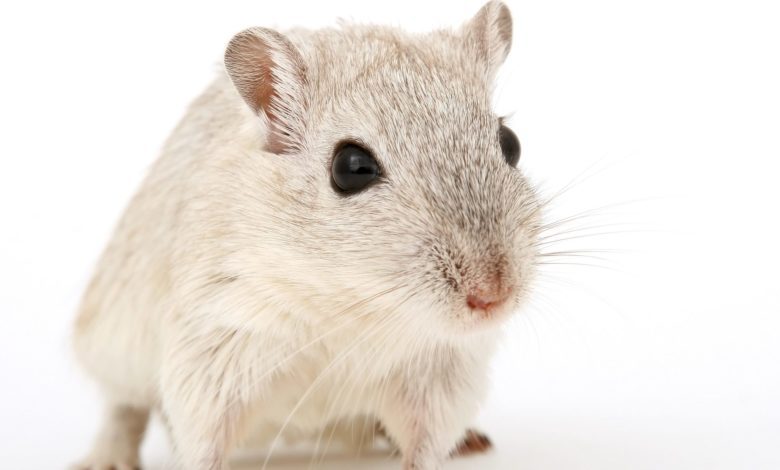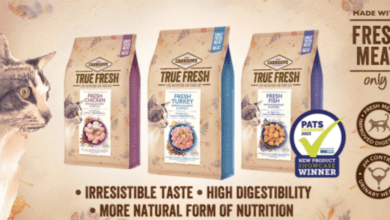Five animal welfare needs

Under the Animal Welfare Act 2006 there is a legal duty for all those caring for pets to meet five animal welfare needs. According to the PDSA PAW Report, only 35 percent of the UK on average are aware of the five needs.

Become a member for unlimited access
Remove all content restrictions with a membership account. First-year special offer pricing. Cancel any time.
You have read 2/2 free articles this month.

How many members should have access to the subscription?
Monthly
Yearly
Save £9.89
No, thanks
I already have an account

Under the Animal Welfare Act 2006 there is a legal duty for all those caring for pets to meet five animal welfare needs. According to the PDSA PAW Report, only 35 percent of the UK on average are aware of the five needs.
